


Business software like Odoo helps companies with all things operations: they can handle accounting, CRM, e-commerce, inventory management, and more. Looking for an alternative to Odoo that offers the same advanced features but maybe has more customization options or costs less? This article is in the right place.
Here we’re breaking down the 10 best Odoo alternatives and competitors. Whether you’re a small business looking for an inexpensive ERP system or an enterprise team wanting more customization, we’ll find the platform for you. Let’s go!
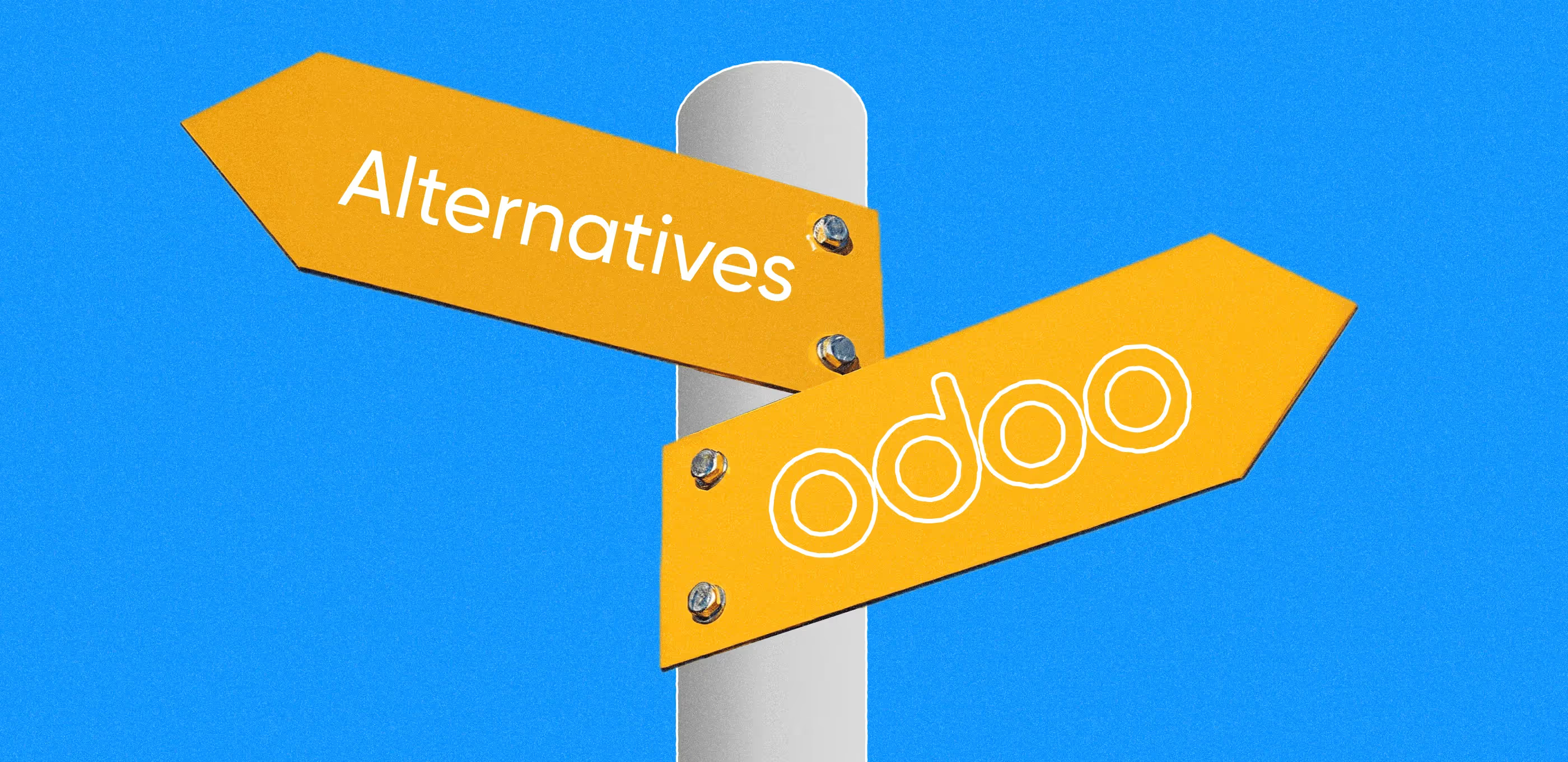
Odoo is an all-in-one open-source business management software. It’s a type of ERP system, or enterprise resource planning, that offers many advanced features and apps for companies to control day-to-day operations. For example, it handles accounting, scheduling, CRM, supply chain, inventory management, marketing, and many other business functions.
The main selling point of Odoo is the fact that it’s modular, meaning you can start with the basic version and add more apps as your company grows.
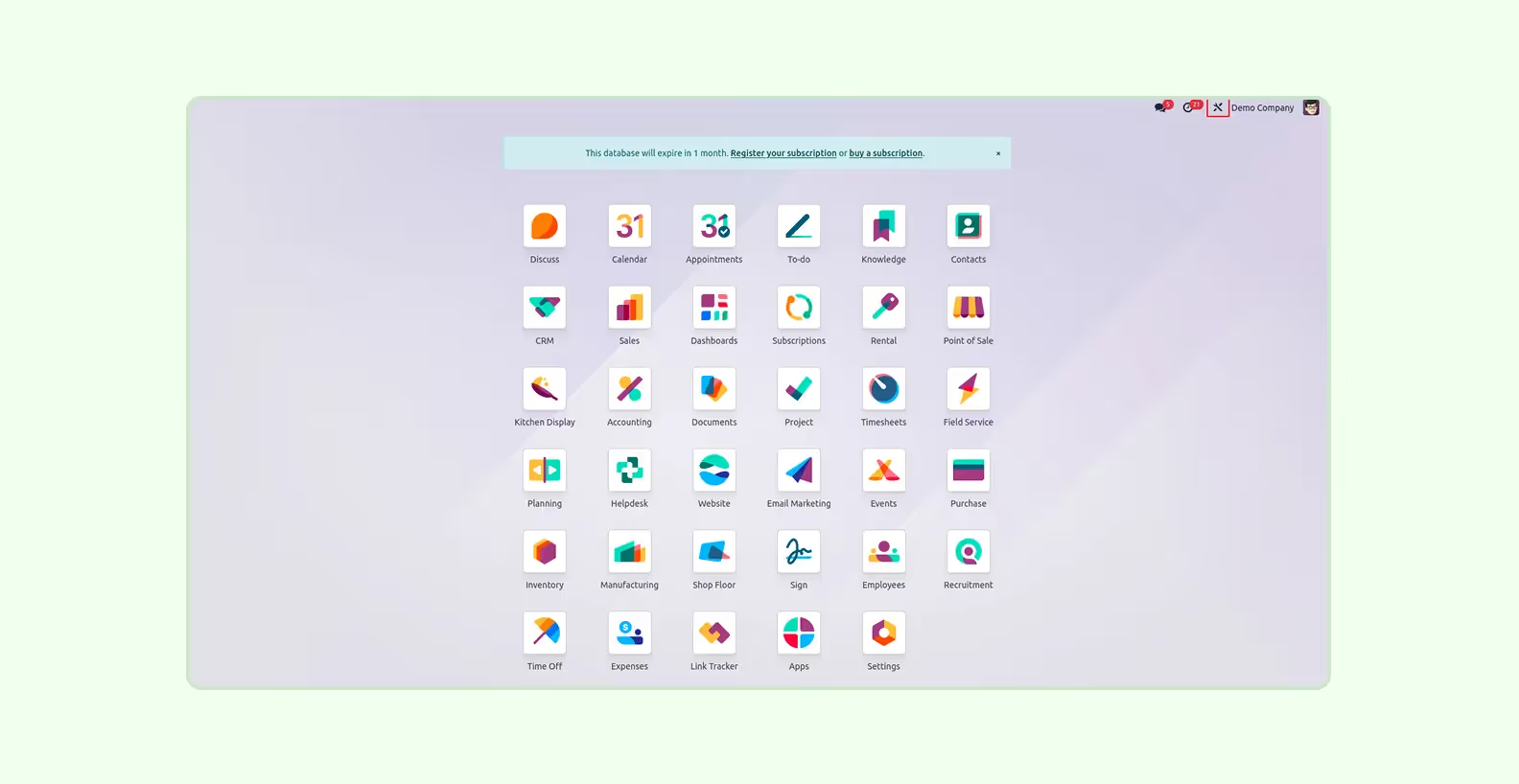
While Odoo has a lot of advantages, it’s just not a perfect fit for some companies. Here are the top 4 reasons why it might be worth searching for an Odoo alternative.
Some of Odoo’s apps and features require technical expertise to set up and get started. Some users say you need to know how to troubleshoot and be able to work with Git, JavaScript, HTML, and CSS. It might be a challenge for the teams that don’t have a developer in-house.
Odoo’s user interface has many elements and a very cluttered design. As you use it, it gets more confusing, overwhelming, and difficult to use. This ERP solution has a steep learning curve to memorize the navigation and be able to find what you need faster.
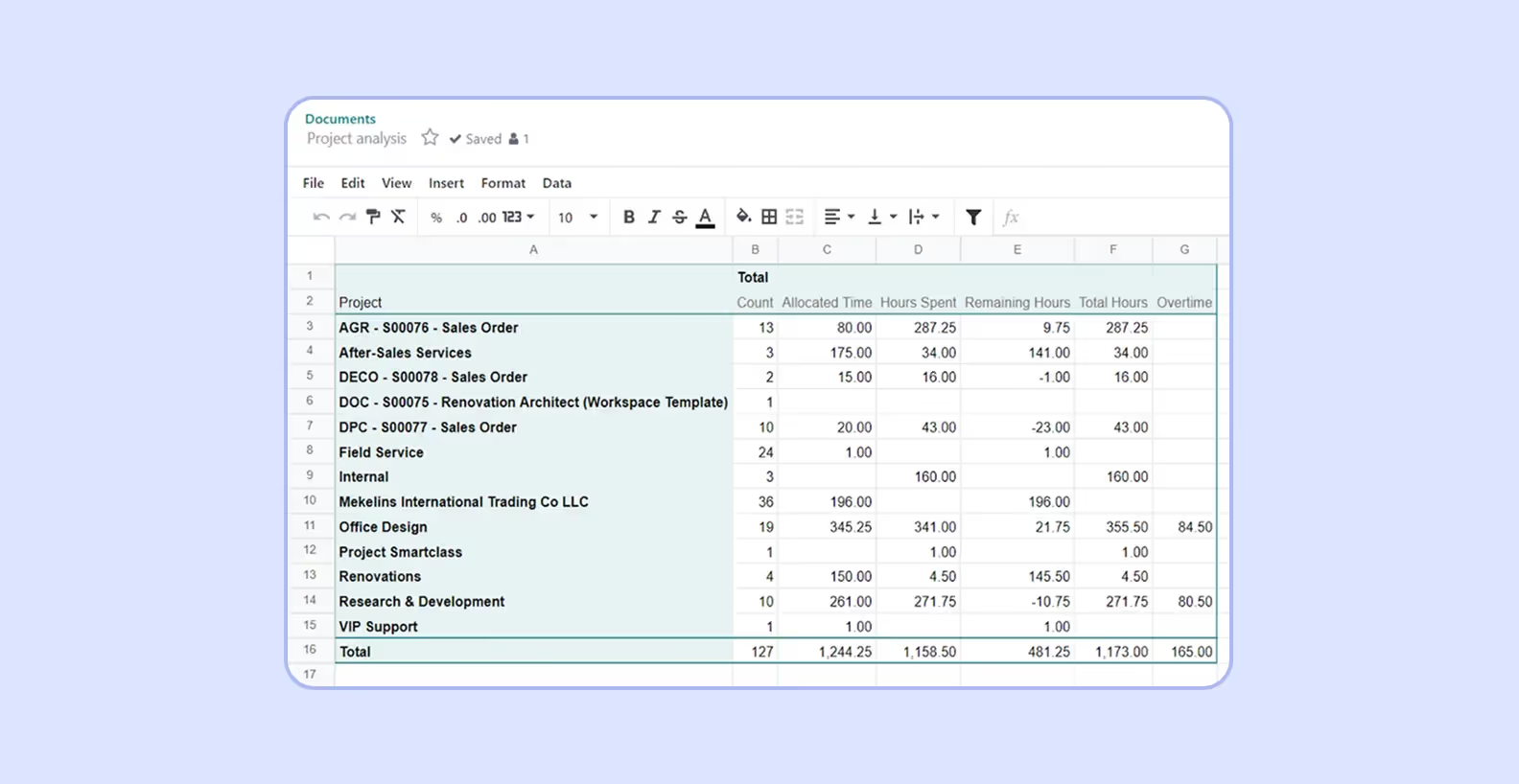
The basic version of Odoo is free, and it’s attractive, especially for small businesses. But the more features and users you add, the more expensive it gets. ERP costs can grow quickly and make a dent in the company’s budget if you don’t plan for them beforehand.

<div class="post_divider"></div>
⭐Our experience
We know how to spot a good, flexible ERP solution because we’ve developed a few. For example, we built a mobile CRM system specifically for agricultural machinery. Our client, Koblik Group, needed a mobile version of their existing CRM that managers can use on the go, for example, during business trips. An important requirement was offline availability, so employees can access the software even when standing in the middle of a field with no reception.
We couldn’t just copy and paste the desktop CRM; we had to add the personal touch to a new version. Our team evaluated all features and got rid of unnecessary ones, adapted the brand identity to the mobile interface, and reinvented some user flows.
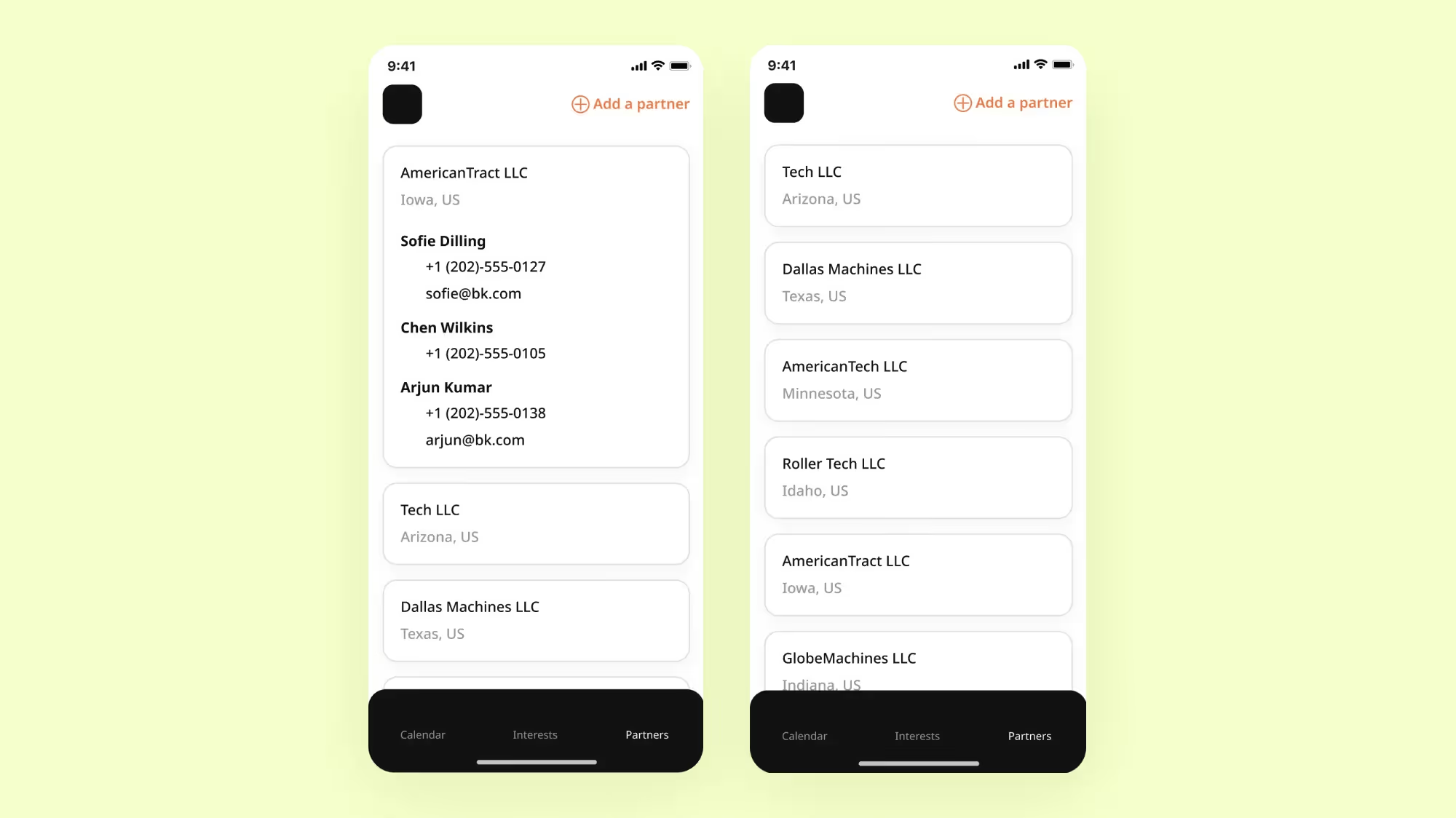
<div class="post_divider"></div>
Before discussing Odoo competitors, we need to set the criteria for evaluations. Most ERP solutions can be flexible when it comes to features, but these 6 non-negotiables really matter for any good Odoo alternative.
Every business has unique workflows. The best ERPs let you tweak modules, add features, or build custom dashboards, so the software actually caters to your needs.
ERP should easily integrate with tools a business already uses: project management and accounting software, CRMs, e-commerce stores like Shopify, AI, or even Slack. Smooth integrations cut down on manual data entries and overall make work more efficient.
The ERP you choose today should still serve you tomorrow, when your business grows. Good Odoo alternatives have features for adding more users, expanding functionality, and managing larger data loads without breaking down.
A common complaint about Odoo is its clunky, overcrowded interface. That’s why Odoo alternatives need to really step up with the UI/UX design. A clean dashboard, logical navigation, and minimal clicks to find information keep your team efficient.
Some platforms charge per user, others per module, while some offer flat monthly rates. Because of that, ERP costs add up fast. Make sure the pricing model you choose matches your team size and growth plans.
A 24/7 support team and an active user community can save hours of headache and system outages. Pay attention to clear documentation, fast response times, and forums, even Reddit pages, where other users share tips.
Let’s look at the most well-known Odoo competitors on the market and get a run-down of their history, features, and key advantages.
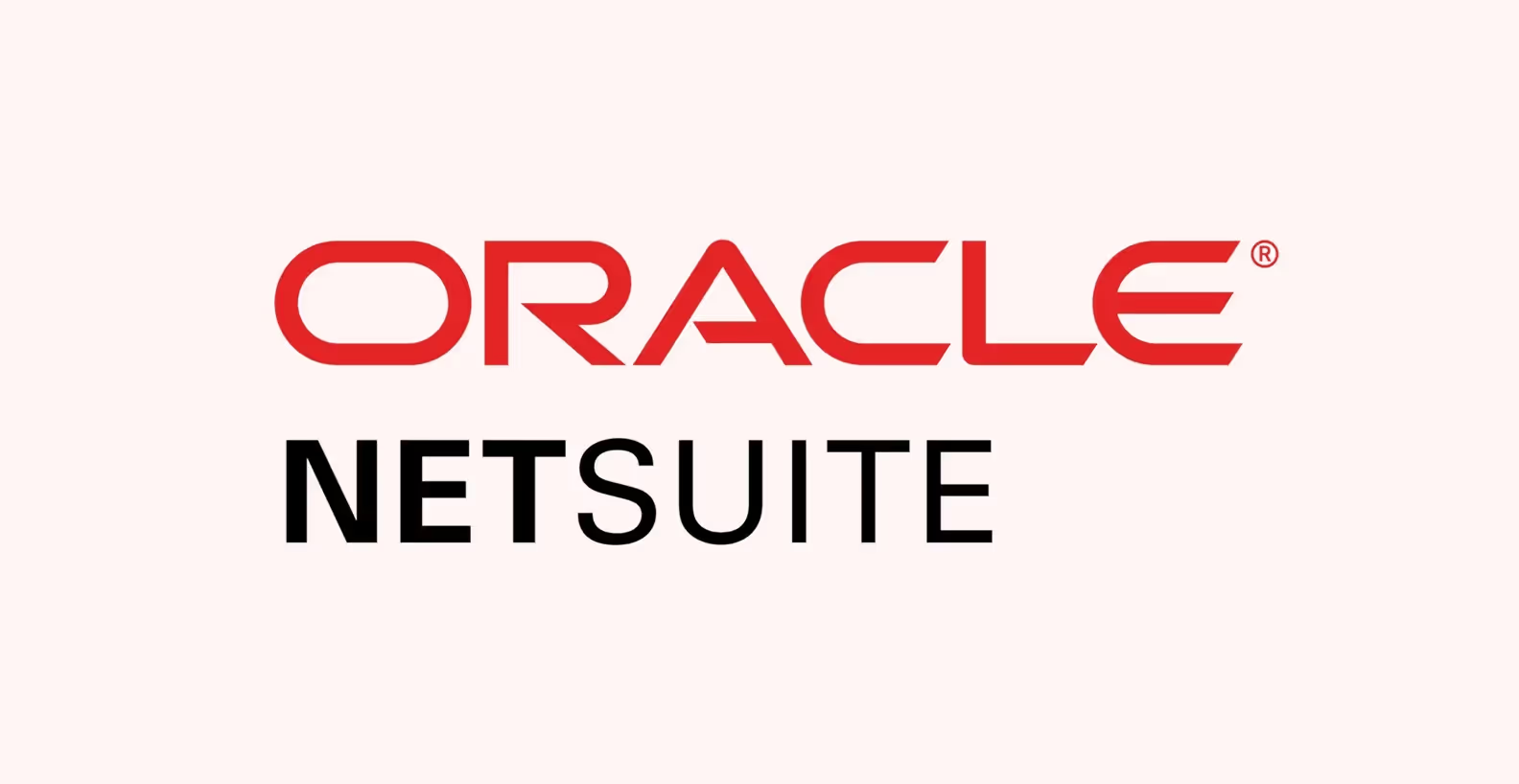
The platform was originally known as just NetSuite before Oracle purchased it in 2016. NetSuite is both a cloud-based ERP for business operations and a CRM for customer relationships. The solution offers different modules like accounting software, e-commerce, supply chain, and HR management, all within a single system. NetSuite is perfect for large companies and enterprises that need to manage a broad range of functions and departments.
➕Many customizable features and apps, third-party integrations
➖High costs, high-speed internet needed
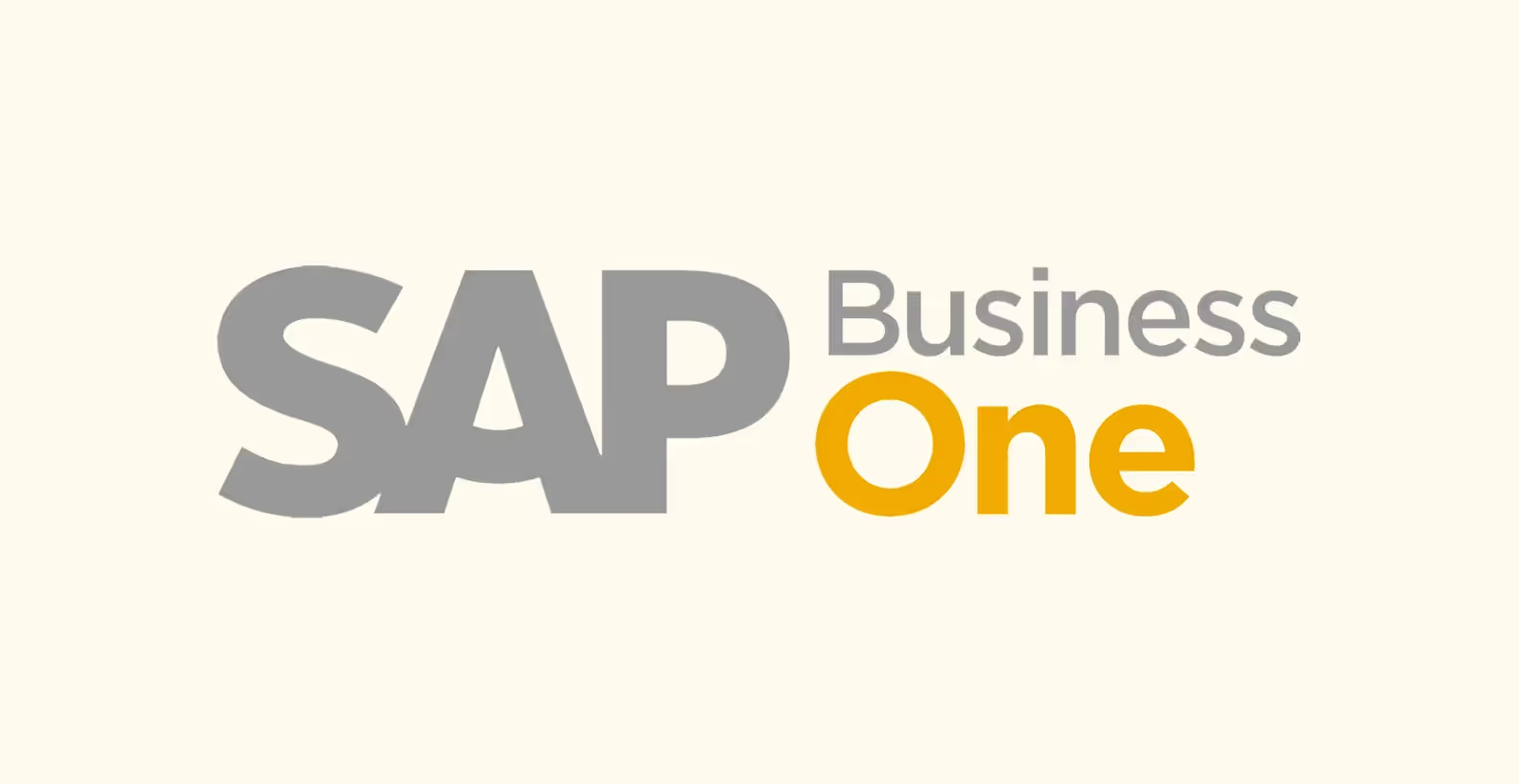
SAP Business One is designed for small and medium-sized businesses. It has all the features to help manage core business functions like financials, sales, customer relationships, project management, and operations. The platform can be deployed on-premises or in the cloud and is accessible on mobile devices. Another advantage of this ERP is its affordable costs.
➕Covers most day-to-day features, reliable and secure data sharing
➖High costs, complex initial setup, weak payroll management

Microsoft Dynamics is an AI-powered ERP. It has many extensions necessary for running a company: inventory management, invoicing, warehousing, supply chain, sales, accounting software, customer service, marketing, etc. It has a very user-friendly interface and is relatively easy to learn, but most users say they end up not using most features just because there are too many.
➕Integration with Microsoft products, AI-powered analytics
➖Segmented functionality, performance issues

Bitrix24 is an all-in-one platform that combines task and project management, workflow management, collaboration tools, and HR capabilities. The platform offers a flat, no-per-user pricing structure, including a free basic version with an unlimited number of users.
➕Good interface design, robust free plans
➖Some learning curve, advanced features are for paid users
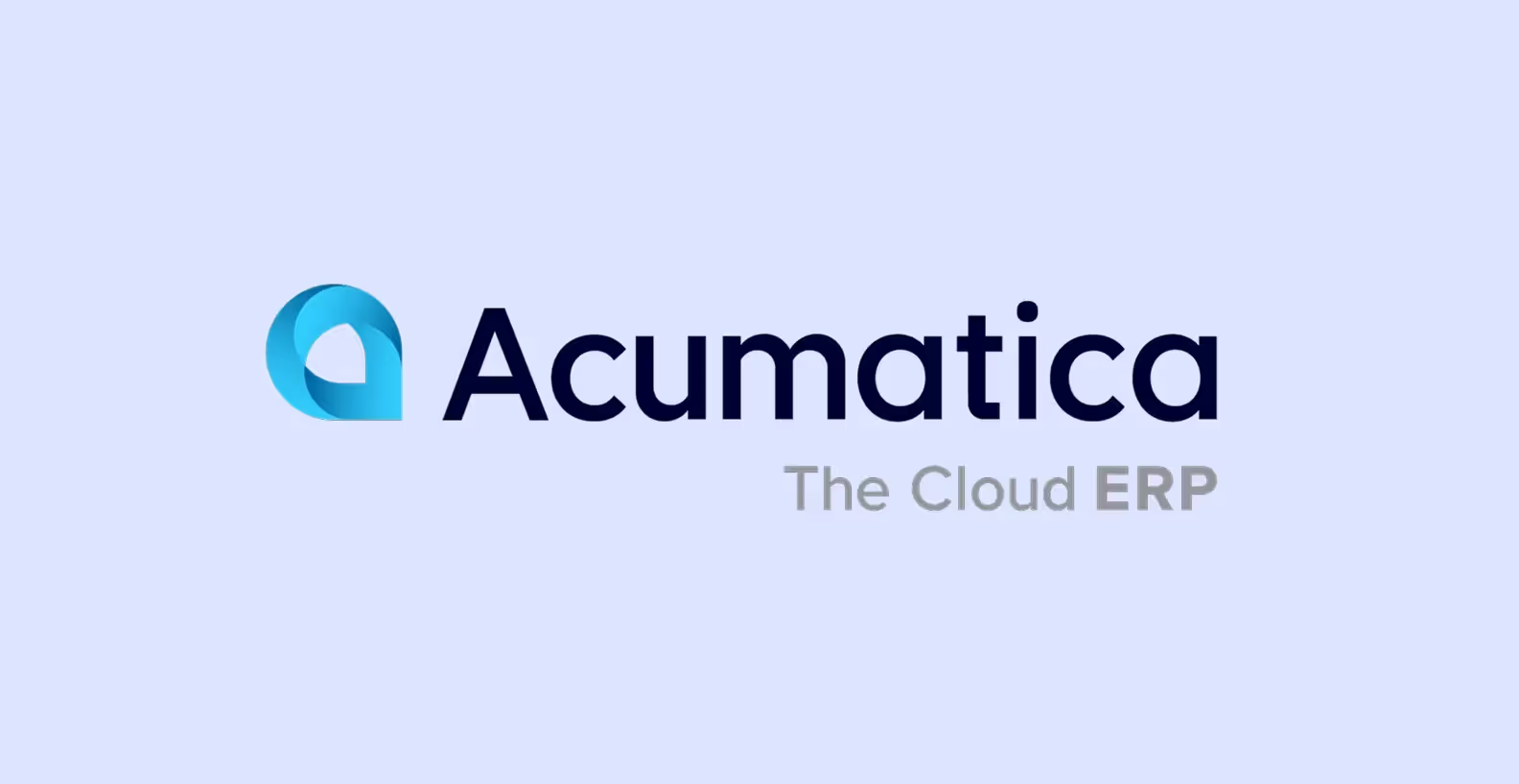
Acumatica is a cloud-based ERP built for small and medium-sized businesses. It offers standard tools for financial management, customer relationships, distribution, and inventory management. The platform is known for its flexible licensing model and scalability; it’s a solid choice for mid-size to large companies that expect fast growth soon.
➕Open API for integrations, no per-user fee
➖Expensive for small businesses
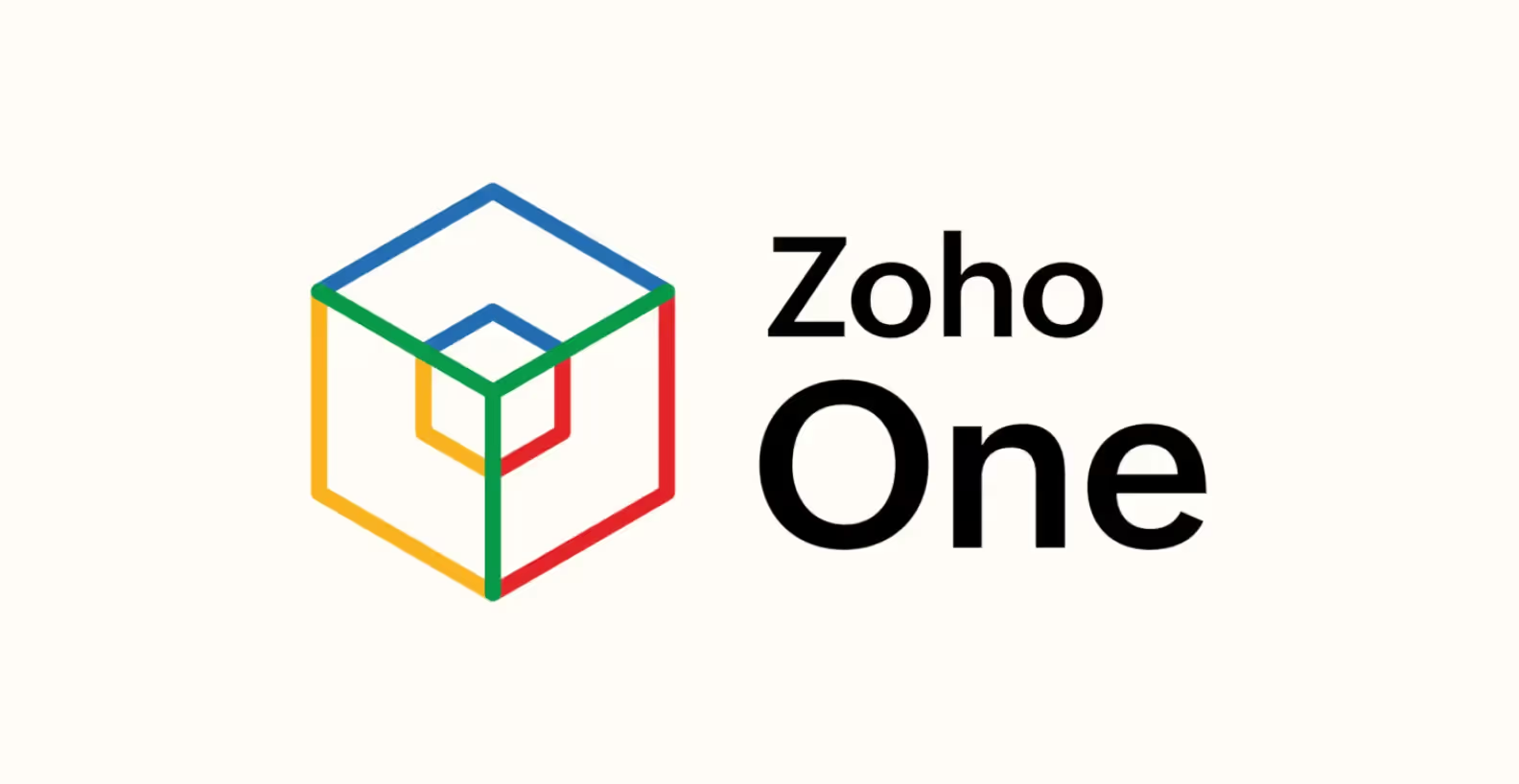
It’s one of the most popular Odoo alternatives on the market. Its goal is to streamline operations across departments like sales, project management, marketing, and finance with the help of over 40 applications and integrations. Zoho One aims to keep pricing accessible and charges per user, but some plans require you to purchase licensing.
➕Affordable pricing
➖Support is hard to reach, performance issues
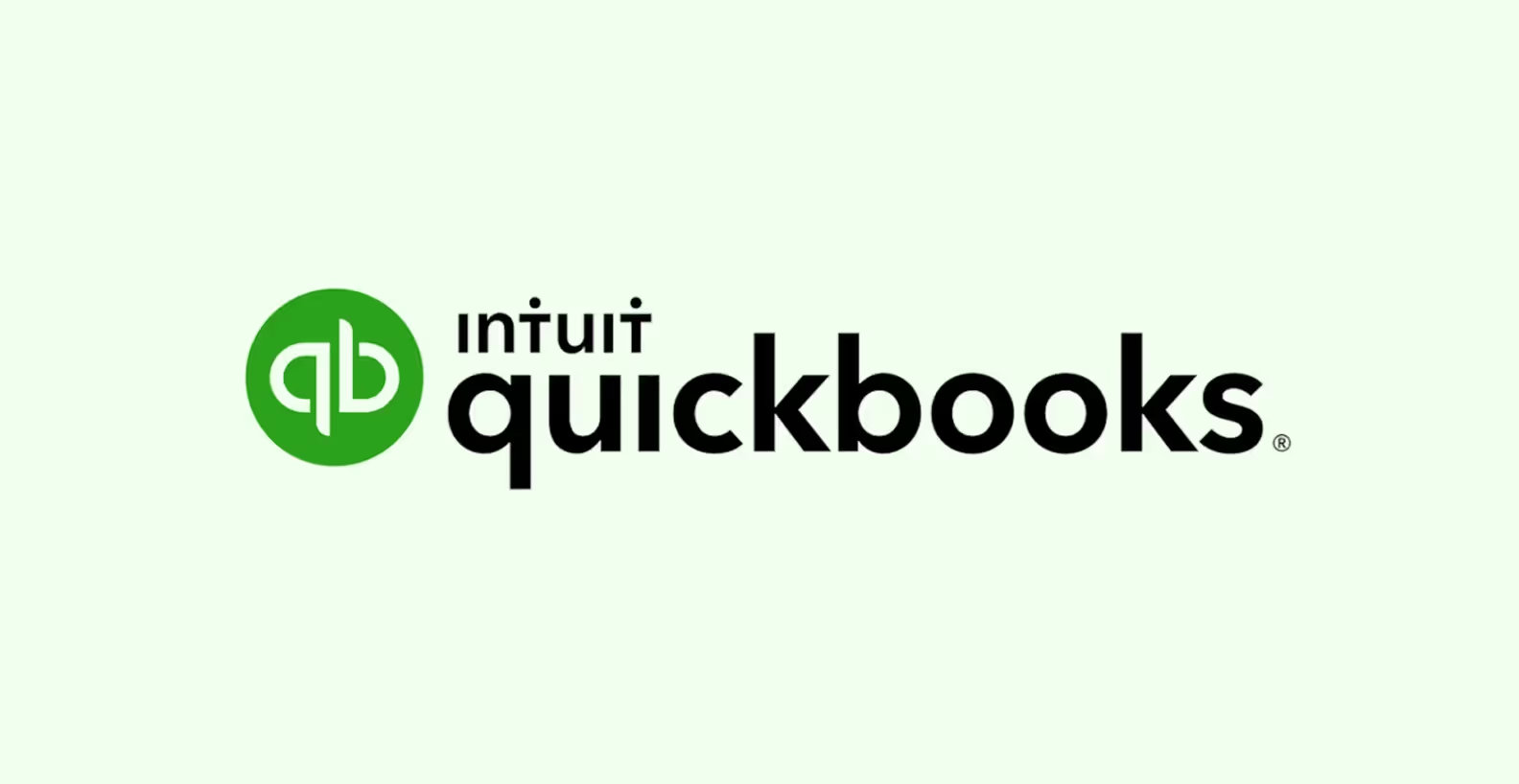
QuickBooks is accounting software that also provides light ERP features for small businesses. It handles invoicing, payroll, expense tracking, and financial reporting in a user-friendly interface. QuickBooks is best for companies that don’t need a full ERP but want accounting software with some integrations.
➕User-friendly UI, easy to set up and learn
➖Limited features, no inventory management

ERPNext is an open-source ERP that covers everything from accounting and CRM to project management, inventory, and HR. It’s highly customizable and free to start with, which makes it especially attractive for tech-savvy teams and businesses that want full control over their system.
➕Extensive customization, clean and user-friendly UI
➖Limited integrations

Sage 100 is designed for small to mid-sized companies that need software for accounting and financial management features. It also includes modules for inventory management, distribution, and manufacturing. It’s not fully comparable to other Odoo alternatives, because it has strong industry-specific capabilities, for example, for manufacturers, supply chain, logistics, or wholesale distribution.
➕Customizable reporting, real-time data tracking
➖Industry-specific features, lack of flexibility

This is also not a full-on Odoo alternative. This ERP is common among larger organizations with complex operational needs like manufacturing, retail, and distribution companies. It offers advanced tools for supply chain management, production planning, and financials.
➕Easy customization without coding
➖High costs, industry-specific features
All Odoo competitors have their pros and cons. Some offer only industry-specific features and are not suitable for businesses, while others are expensive and require technical expertise to learn.
Another Odoo alternative is a custom development of your own ERP solution. Below, we dive into this option and compare it with Odoo.
If you opt for a custom ERP development, you get to choose what features you want and how your platform should look. Custom software takes longer to build, and development costs can be high, but in the end, you’ll fully own the platform and data on it, without the need to pay a subscription fee every month.
If you choose a ready-made ERP platform like Odoo, you can set the software up and get it running almost immediately. You don’t have to worry about maintenance or server connection, but your features are limited to what the platform offers, and you have to go along.
Custom development lets you fully tailor the software to your business, scale it as you grow, and keep full control over your data, but it takes longer, costs more upfront, and requires ongoing maintenance. This route is perfect for mid-sized or large companies with unique workflows and ambitious plans for the future.
Odoo, as a ready-made ERP, is quick to set up, affordable, and supported by a large community. But it offers limited customization, extra costs for advanced features, and can be complex for non-technical users. This option is great for startups or small companies that just need basic software at a smaller price.
<div class="post_divider"></div>
⭐Our experience
Development services don’t always take long or cost a fortune. We helped a client create an MVP platform for online therapy sessions in just 4 months for $40,000.
The platform was designed with a modern, user-friendly interface, optimized for both desktop and mobile devices, and included a landing page to attract new users. To start, we focused on simple features like searching for specialists and booking sessions. After the client launched the MVP and confirmed the demand for the business idea, they expanded the platform with advanced features, including role-based dashboards and monetization for experienced specialists.

<div class="post_divider"></div>
If you decide to go with a ready-made software, we have 3 tips to help you decide which Odoo competitor is the best for your business needs.
Be realistic when choosing an ERP solution. A small business doesn’t need a platform with 50 modules meant for global enterprises, but you also don’t want a tool that has retail-specific features when you work in edtech. Make sure the system matches your industry, operational needs, and future plans.
Too many features, like in Odoo, can backfire if your employees can’t figure out how to use them and slow the work down. Choose ERPs with clean dashboards, easy navigation, and functions that match your actual workflows.
An ERP solution may look cheap upfront, but user-based pricing and add-ons can stack up fast. Calculate what the tool will cost you 1–3 years down the road, so there are no surprises in your budget.
Looking for a partner to execute a custom ERP development? Purrweb’s team has completed over 550+ projects in many niches, including enterprise, logistics, retail, and IoT. You can check our technical expertise and the full portfolio here.
➡️ <a class="blog-modal_opener">Share your idea</a> with our team to get a free consultation and cost estimation in 48 hours